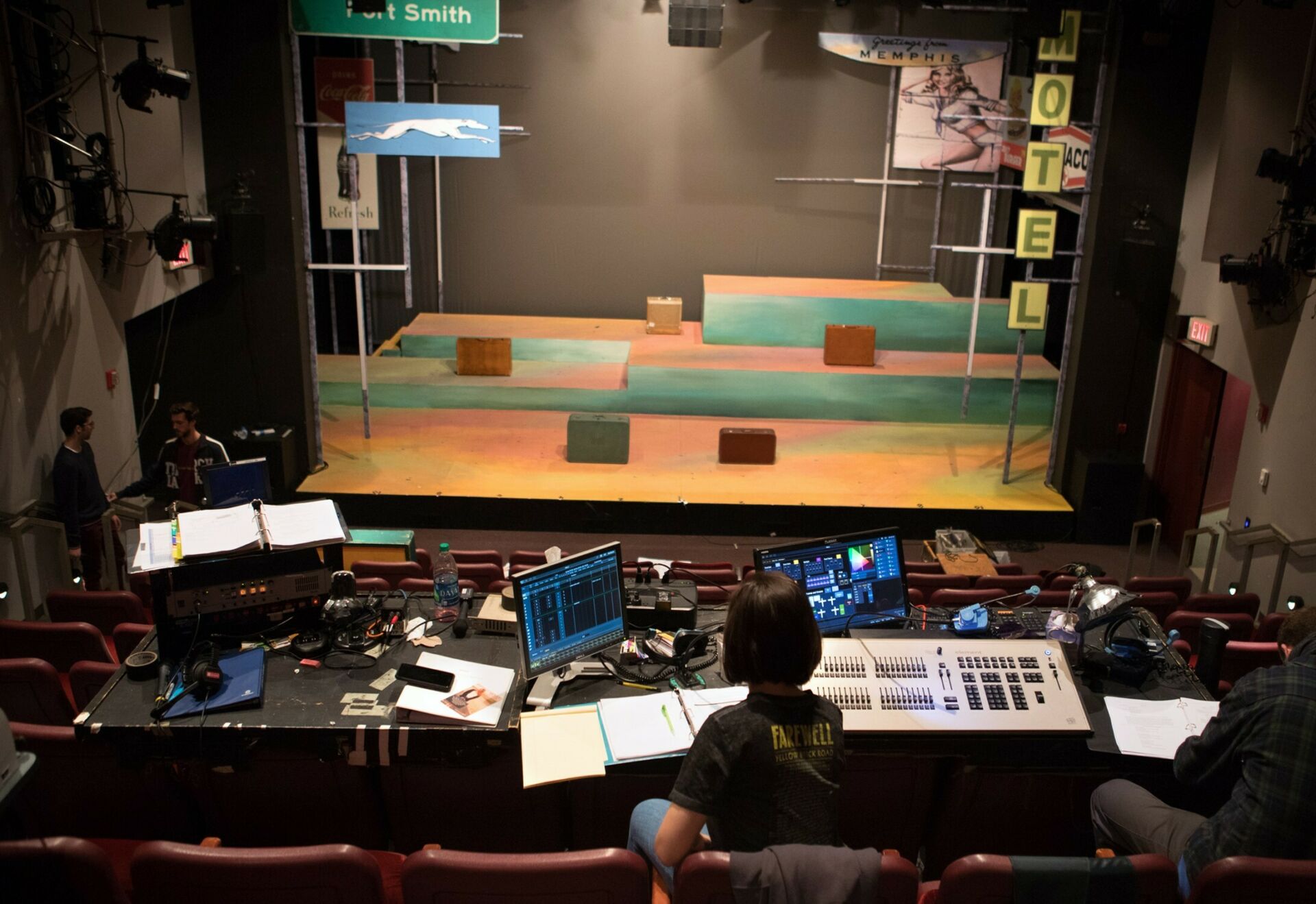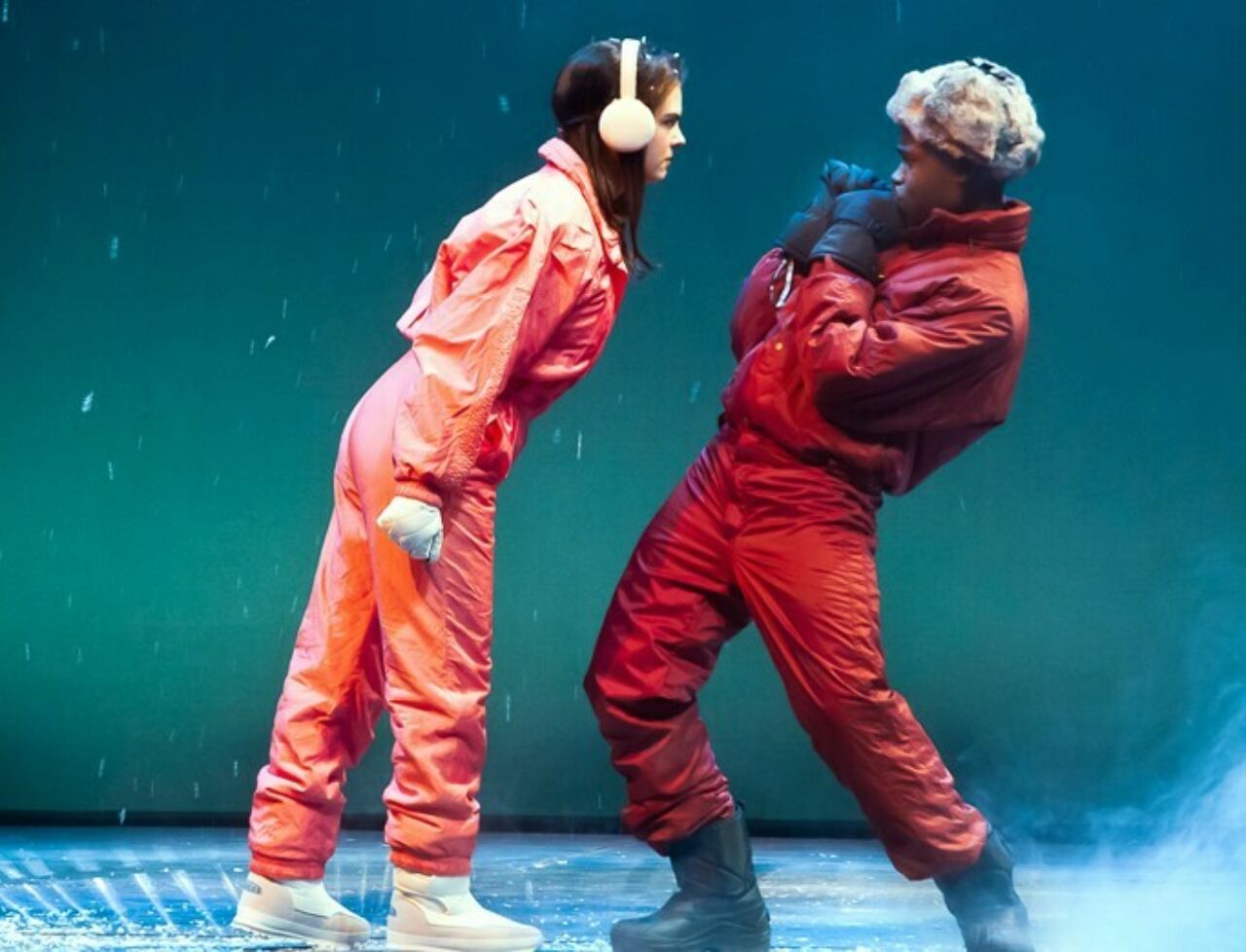
Theatre, Minor
Theatre Minor
Bring together art, culture, entertainment on the bright stage.
Theatre provides an interdisciplinary approach to sharing stories through text, design, movement, and more.
It’s reflective of the cultures and societies that produce it. Theatre is a sensory experience for viewers and participants–bringing together art, culture, entertainment, and more in productions that provoke and inspire audiences.

Act out with a Theatre minor!
The Theatre minor is designed to be an enhancement to a major area of study and/or personal enrichment. The minor should be particularly attractive to students in the humanities (English), communication (Film, Journalism), and the arts (Music, Architecture). The minor may also be attractive to students who need to demonstrate a wide range of interests.
The Theatre minor requirements total 18 credits. 3 credits of either THEA 100 (The Art of Theatre), THEA 105 (Introduction to Theatre) or THEA 101N (Performance and Society), form the core requirement for the minor. These courses give students the option of studying introduction to the art of theatre through either performance focused approach, a general art form overview, or through a social science lens. Students then choose 9 additional credits from any THEA or DANCE course for which they meet the prerequisites. These courses can range from exploration of theatre history, literature and dramaturgy, to entry level courses in various aspects of theatre practice. A list of additional supporting courses taught by units outside of the School of Theatre provides further options. Students then select 6 credits of supporting THEA or DANCE courses that must be at the 400 level.
A grade of C or better is required for all courses in the minor, as specified by Senate Policy 59-10. In addition, at least six credits of the minor must be unique from the prescribed courses required by a student's major(s).
Does this sound like you?
- You want theatre to be part of your college experience.
- You can’t wait to watch the Golden Globes, Tony Awards, or Academy Awards.
- You sing “Hamilton” on every road trip.
- You believe the arts and culture are essential to a strong society.
If so, the Theatre minor might be perfect part for you.
Next Steps
Theatre Minor – Supporting Courses
(Updated 11 October 2024)